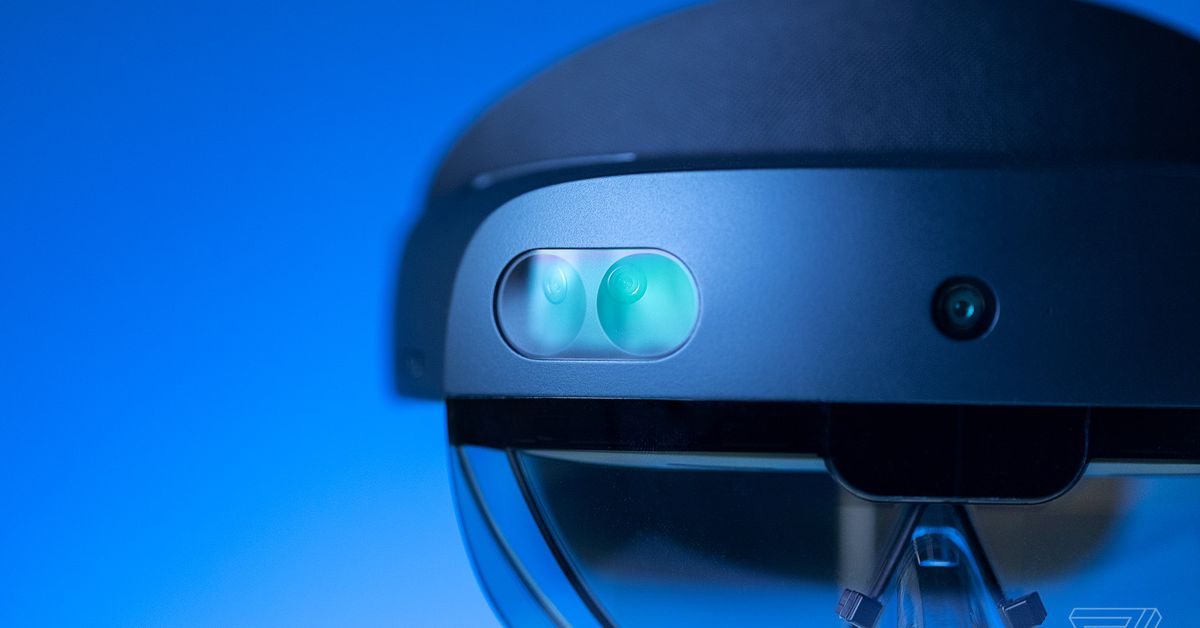- cross-posted to:
- [email protected]
- [email protected]
- cross-posted to:
- [email protected]
- [email protected]
Production is ending on the HoloLens 2 headset, with no sign of a replacement. In totally unrelated news, MSFT stock dropped 2.23% in a day, bringing the weekly average down to 1.63%, with an asking price at $420.69 after close.
Microsoft has now teamed up with Anduril Industries, the military tech company started by Oculus VR founder Palmer Luckey, to improve its IVAS mixed reality headsets used by the US Army. Microsoft’s initial IVAS headset, based on HoloLens technology, first went into trials in 2021 and includes integrated thermal and night vision imaging sensors in a heads-up display.



Microsoft will under invest in the space and then panic when someone releases a viable product.
For major markets that’s actually rare, and usually not even because they under invested, they just didn’t quite get it.
Their actually successful strategy is to make an inferior product, sell it slightly cheaper, undermine the competition, then achieve near monopoly.
But your comment is of course funnier. 😋
They can also leverage the ecosystem effect. If it’s well integrated with some enterprise products, companies might buy it anyway.
deleted by creator
Meta is desperate for content and use cases for MR, and nothing comes up. They have been doing jams, they have funds to give to developers, and everything that comes up are basic wave shooters or simple ports (downgrades, really) from VR to MR.
Microsoft has probably figured out that, except for the military, it’s a solution in search of a problem, at least in the current form factor ans with current limitations.
I’ve said this elsewhere: The Company Formerly-known as Facebook’s headset has some impressive features and tech. However, the pixels-per-degree is abysmal. They need to at least triple it to be competitive with smartphones or birdbath optics. I’m not holding my breath but, I’d also not be mad if they succeed and are able to deliver for a reasonable price point.
There’s also a huge amount of bad will.
VR/AR are still (yes, even years later) in the tech enthusiast niche, because the actual tech is hard. But a sizable chunk of tech enthusiasts know enough to hate Facebook, hate them specifically in VR because of how they handled their purchase of Oculus, or both.
People in the VR scene also hate Meta because all the eye tracking information is being harvested and sold to ad companies.
Did you know that the pattern your eyes move and what you look at and how fast you look at it and WHAT you look at can tell an algorithm how you’re feeling, if you suffer from certain specific mental illnesses or neurodivergence, your age and gender, and your core inner desires and activation triggers? Now give all that info to Facebook. For free.
Oh, absolutely. I’d never be willing to use their firmware and I’d be extremely hesitant to give them any money on account of their active role in election manipulation and complicity in political violence.